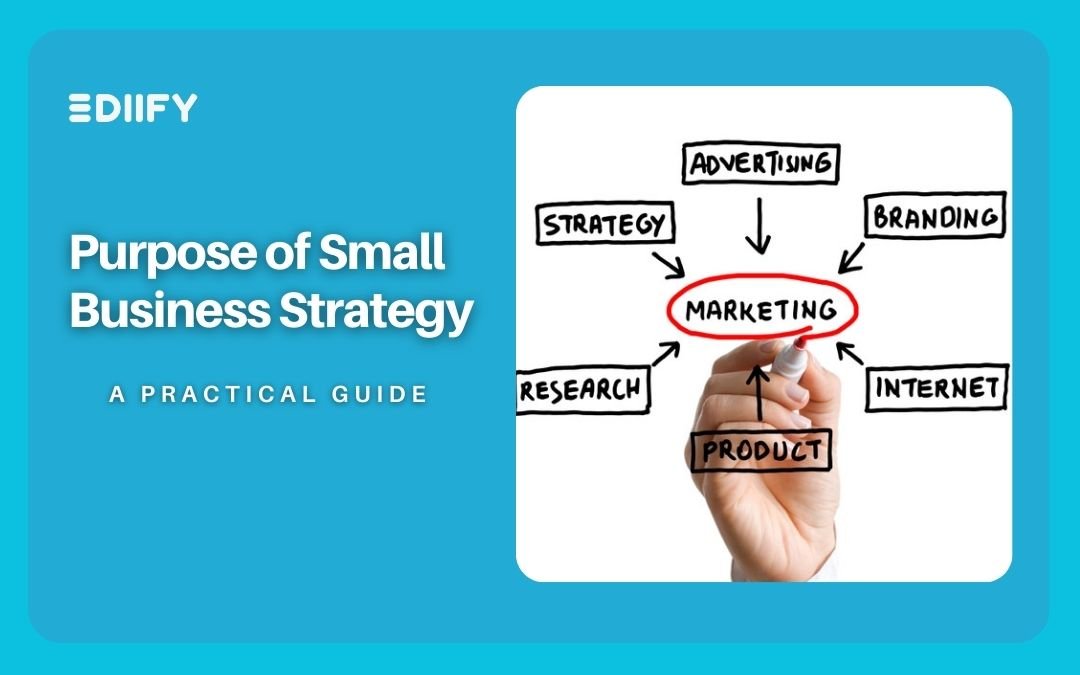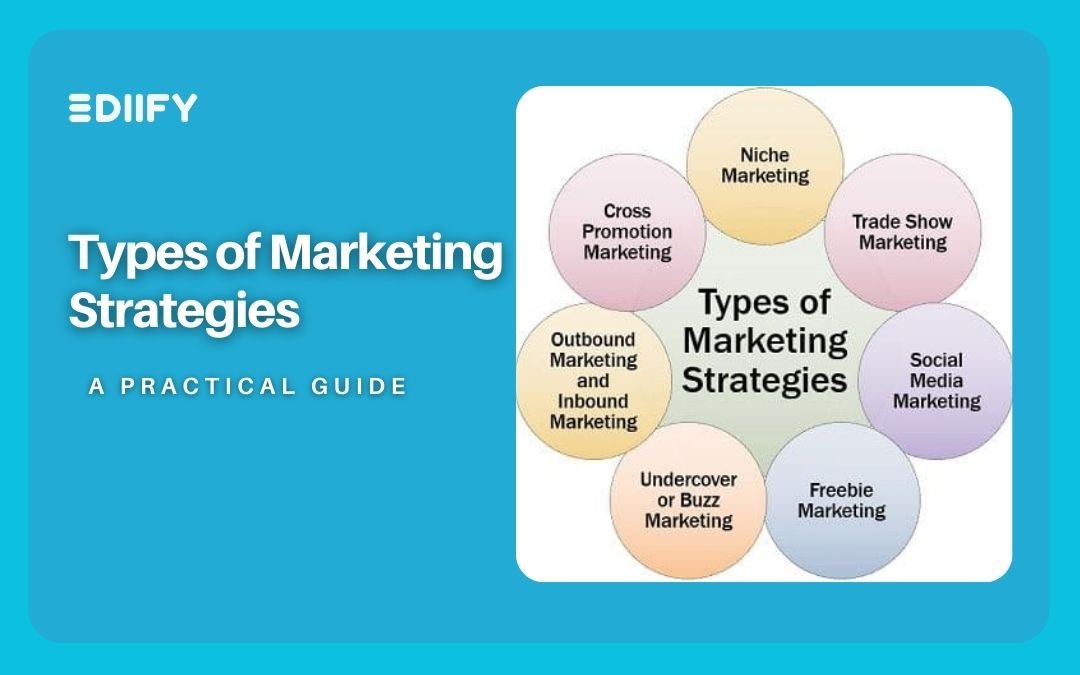
The Importance of Marketing Strategy: Maximize Your Reach
Introduction:
In the fast-paced and competitive business environment of today, the significance of a meticulously crafted marketing strategy cannot be overstated. Serving as a guiding roadmap, the importance of marketing strategy aids businesses in navigating the intricacies of engaging their target audience successfully. This comprehensive plan outlines the goals, objectives, and tactics necessary to promote products or services effectively. In this blog, we will explore the signs of marketing strategy and how it catalyzes businesses striving for sustained growth and success.
The Influence of a Well-Executed Marketing Strategy:

1. Strategic Audience Engagement:
An intricately defined marketing strategy assists businesses in identifying and comprehending their target audience. By creating buyer personas and analyzing consumer behaviour, companies can tailor their marketing efforts to resonate with the specific needs and preferences of their audience. This targeted approach ensures the efficient utilization of marketing resources, thereby maximizing the impact of campaigns.

2. Establishing a Strong Brand Identity:
Consistency plays a pivotal role in building a formidable brand. A marketing strategy provides a structured framework for maintaining a consistent brand image across various channels. From messaging to visual elements, a cohesive brand identity establishes trust and recognition among consumers. This, in turn, cultivates loyalty and encourages repeat business.
Explore the strategy to unlock your potential
https://ediify.com/marketing-strategy-the-key-to-unlocking-your-brands-potential/
3. Gaining a Competitive Edge:
In a market saturated with options, standing out from the competition is imperative. A prominent marketing strategy empowers businesses to differentiate themselves by showcasing their unique selling propositions. Whether it’s superior product quality, exceptional customer service, or innovative solutions, a strategic marketing approach effectively communicates what sets a business apart and why consumers should choose it over competitors.

4. Adapting to Market Dynamics:
Markets are in a constant state of evolution, and businesses must be agile to navigate changes successfully. A marketing strategy provides a framework for adapting to market trends, consumer preferences, and technological advancements. Regularly reviewing and updating the strategy ensures that businesses remain relevant and responsive to the shifting landscape.
Conclusion:
In conclusion, the value of a meticulously planned marketing strategy cannot be overstated. It serves as the guiding force that helps businesses navigate the complexities of today’s competitive marketplace. From understanding the target audience to cultivating a strong brand presence and staying attuned to market changes, a strategic marketing approach is indispensable for long-term success. As businesses continue to evolve, those armed with a robust marketing strategy will not merely survive but thrive in the ever-changing business landscape. Embracing the potency of a well-thought-out marketing strategy is not just a choice; it is a strategic imperative for businesses aspiring to attain new heights of success.
For more insights
https://www.optimizely.com/optimization-glossary/marketing-strategy/











